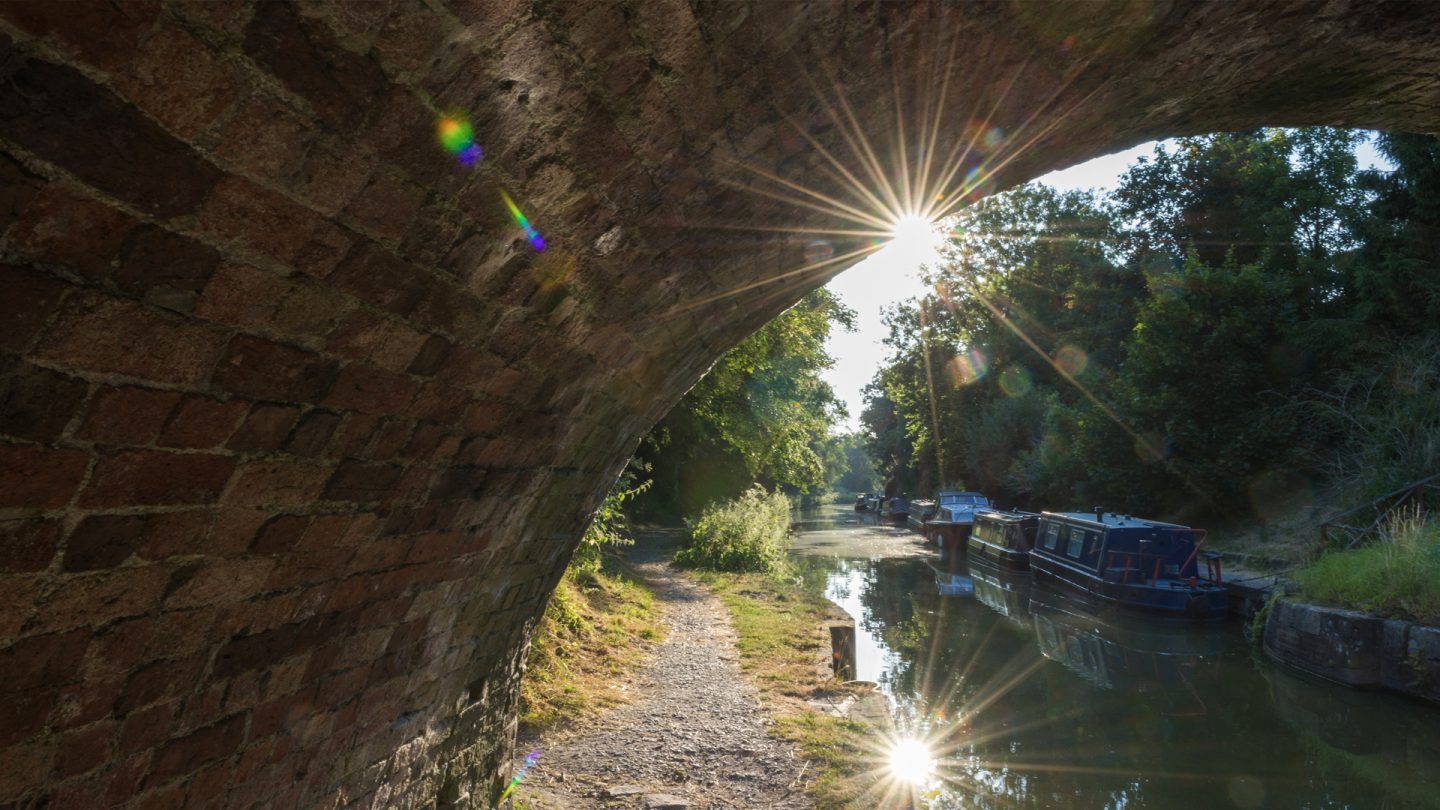
Guide to Inquests
Put your trust in Clifford Johnston & Co.
- Your Guide to Inquests
- Lexcel & Law Society Accredited Firm
- Providing Robust & Proactive Legal Defence
- Contact our Specialist Solicitors
Understanding the Coroners Inquest Process
When someone dies, there are certain situations whereby an appointed individual must investigate the circumstances surrounding the death. In England and Wales, this person is a coroner. A coroner typically carries out an investigation if the circumstances surrounding the death are unknown or suspicious.
The coroner will decide if an inquest is needed in order to answer four critical questions—who the deceased was, where and when they died and, most importantly for their family, how they died.
If you’ve lost a loved one and have unanswered questions surrounding their death, the following guide to inquests will help you determine if you have the right to request an inquest and take you through the key stages of the inquest process. If you have any additional questions not covered in this guide, please get in touch with our inquests solicitors, who will be happy to help.
What is an inquest?
An inquest is a formal public fact-finding inquiry conducted by a coroner, designed to establish where, when and how someone died.
The purpose of the inquest is to discover the facts of the death; this means that the coroner (or jury) cannot find a person or organisation criminally responsible for the death. However, if evidence is found that suggests someone may be to blame for the death, the coroner can pass all the evidence gathered to the police or Crown Prosecution Service. As a result, the findings of an inquest may profoundly influence the nature of any criminal investigation or subsequent prosecution.
Inquests also play a fundamental role in the process of holding people or organisations responsible for deaths. They may also significantly impact civil or disciplinary proceedings that follow.
Inquests are conducted in a formal manner. Statements and legal arguments are prepared, and evidence can be called from witnesses. The law and procedure relating to inquests is complex and can be overwhelming, frustrating and confusing.
Inquests are particularly distressing for those who have lost a loved one or who have been involved in a traumatic incident that has led to a death.
What is the role of an ‘interested person’ in an inquest?
The Coroners and Justice Act 2009 defines an ‘interested person’ in detail, but broadly, the term refers to someone who has the legal right to actively participate in the inquest proceedings; this can be someone who had some form of relationship with the deceased, was somehow involved in the circumstances surrounding the death or simply at the coroner’s discretion.
‘Interested Persons’ have important rights allowing them to fully take part and help with the coroner’s investigation. These include:
- receiving copies of relevant documents by the coroner, including any the coroner deems relevant to the inquest
- being notified by the coroner about crucial aspects of post-mortem or toxicology analysis
- the ability to question witnesses at the inquest hearing
- seeing written evidence and being allowed to object to it being used during the inquest hearing
- being legally represented
When is an inquest needed?
A coroner typically performs an inquest in cases where:
- The cause of death is still unknown following post-mortem
- A death was sudden, unnatural or violent
- A death occurred in police custody or prison
There is an exception to the rule—if you are seeking compensation for an injury where the case involves someone who died from an industrial disease, like asbestos exposure for example, the coroner might hold a ‘read-only’ inquest, which is usually less formal and no one else will attend. The coroner will assess medical reports before the inquest and consider the information when delivering the verdict.
How is an inquest funded?
There are several options available in terms of funding if you require specialist legal representation at an inquest. Although Legal Aid funding is not typically available for representation at inquests (though it can be provided in exceptional cases), certain insurance policies, including some home or motor insurance policies, may cover the cost of inquest proceedings. Alternatively, a union or professional organisation may offer assistance.
Privately funded representation is highly recommended for inquests, as a specialist lawyer can guide you through the entire process, providing you with the professional advice and support you will undoubtedly need to get through this challenging time. We offer competitive rates and can agree to a fixed fee for our advice, preparation for the inquest and legal representation during the proceedings.
What happens during an inquest?
During an inquest, the coroner conducts a thorough investigation to determine the facts surrounding a death, selecting witnesses, including medical professionals, police officers and anyone else with relevant information, to provide evidence.
Interested persons, including family members and their legal representatives, can ask questions during the inquest, allowing for a comprehensive examination of the circumstances and ensuring all relevant details are considered.
If key witnesses are unavailable or the coroner is dissatisfied with the information provided, the inquest may be postponed to a later date. An adjournment may also be necessary if there is an ongoing police investigation into the death.
The purpose of an inquest is to establish the facts of the case, whilst providing transparency and helping to identify any lessons that can be learned to prevent future deaths of a similar nature.
What are the key stages of an inquest?
1. Consultation with an inquest lawyer: A specialised lawyer can guide you through the inquest process step by step. We recommend booking an initial consultation promptly. During this appointment, an inquest lawyer will discuss funding options, consider the circumstances leading to the death, address any concerns you have, and identify the coroner and any other interested parties involved.
2. Contacting the coroner and any interested persons: Your instructed lawyer will contact the relevant Coroner’s Court, inform them of their instruction and request copies of any relevant documents and witness statements obtained by the coroner. Your solicitor will also ask the coroner to inform them of any relevant hearing dates and contact the other interested persons so they are aware you are legally represented.
3. Preparation of a witness statement and pen portrait: If you are a family member, your solicitor will assist you in preparing a witness statement for the inquest, dealing with the deceased’s background and any knowledge you have about the circumstances leading up to the death. They will also include any documents you may have in your possession that you deem relevant to the death, including notes, letters and emails, as well as a pen portrait—a one-to-two page document detailing who the deceased was, their personality, any happy memories you have and what they meant to you—for the attention of the court.
4. Preparation for Pre-Inquest Review Hearings: Once the coroner has received all relevant documents and statements, they might list the case for what is known as a Pre-Inquest Review Hearing. The purpose of the hearing is to case manage the case which may include (i) deciding the scope of the inquest what areas the inquest will examine, (ii) whether any further documents are outstanding or required, (iii) which witnesses will provide evidence, (iv) whether an expert and jury is required, (v) whether Article 2 is engaged and (vi) when the inquest may be listed.
5. Pre-inquest review hearing: these hearings take place at the Coroner’s Court. Interested persons will be required to attend in person or via their legal representative. The hearing is essentially a case management hearing to ensure the investigation has reached the stage whereby the final inquest can take place.
6. Conference: At this stage of the process, you will meet with your appointed solicitor (as well as a barrister if instructed) to discuss any issues of concern, what may arise from the evidence and how the inquest will likely proceed and conclude.
7. The inquest: The inquest will typically take place in the Coroner’s Court. The court will hear evidence from the various witnesses, after which the legal representatives will make submissions and invite the coroner to consider the type of conclusion that should be recorded on the Record of Inquest.
What conclusions can a coroner make?
The coroner (or jury) will arrive at their conclusion at the end of the inquest. Possible conclusions include:
- Natural causes
- Suicide
- Unlawful killing
- Lawful killing
- Accident or misadventure
- Industrial disease
- Neglect/Self neglect riders
- Open verdict (when there is insufficient evidence to determine how the death occurred, the case remains open in case further evidence is revealed)
Although the coroners/juries ‘conclusions’ are not the deciding factor in civil cases, they can strongly influence the outcome of any civil claim.
All evidence should be recorded, and the interested parties can request a transcript of the evidence in the form of a tape, disc or the original transcript (though there may be a charge to obtain a copy).
Once the coroner or jury reaches a conclusion the coroner will issue the final death certificate so that relatives can officially register the death.
Can inquests help to prevent future deaths?
When an inquest concludes, the coroner has the option to write a report if the evidence indicates that further avoidable deaths might occur under similar circumstances. In this report, known as a Preventing Future Deaths report, the coroner can suggest preventative measures that should be implemented to reduce future risks.
The coroner will send the report to the Chief Coroner, who usually publishes it on the judiciary website. It will also be sent to the relevant person and/or authority, who then has 56 days to respond to it. The aim is for them to take the necessary actions outlined in the report. By identifying potential hazards and recommending improvements, inquests, therefore, play a crucial role in enhancing safety and preventing future tragedies.

Need some professional advice?
Do you have any issues that you are worried about? Contact our professional team for a free, no-obligation informal discussion, where we can discuss your particular requirements in greater detail.













